This is part three of a series of stories about child sexual exploitation. Here is part one, two and four.

Lauren Chopek radiates resilience. At just 14-years-old, she escaped from a convicted killer, then moved into a rural healing lodge, far away from danger.
If she hadn’t left her city life behind as a teenager, Chopek knows she may not be alive today.
“It wouldn’t have been very long until something bad, for real, happened,” Chopek said.
Chopek, now 21, remembers being anxious on the drive with her Mom out to rural Manitoba, one week before her 15th birthday.
“I didn’t know where I was going,” she said. “I was like, where are you taking me? Way out in the bush somewhere? In some town I’ve never even heard of before? … But I think that’s the part that made a difference.”
Once she stepped inside Hands of Mother Earth (H.O.M.E.) healing lodge, Chopek knew she wanted to stay.
“One of the pros … was that it was a really nice house, right?”
WATCH: Here’s how safe houses in Manitoba are helping survivors heal

H.O.M.E. is a unique rural lodge in Canada that caters to at-risk, sexually exploited girls and transgender youth between the ages of 13 and 17. It opened in 2011 after a group of survivors of sexual exploitation came together to discuss what was needed in a program, based on their lived experiences. The six-bed home now runs 24 hours a day, seven days a week.
After moving in, Chopek did not want to leave her bedroom at H.O.M.E. She felt alone and was nervous about meeting the other girls living there.
“It’s scary to move into a new home and know no one there,” she said. “So I just stayed in my room and slept.”
“Even though I was being sexually exploited … I thought it was an adult thing. So when I heard about the home for sexually exploited girls, I thought, oh no, I’m going to be the youngest one there. I actually was, but there were no adults there … it was all kids my age.”
Finally, one girl knocked on Chopek’s bedroom door and asked her to come outside for a smoke. The ice was broken.
“That’s what finally got me to come out of my room,” Chopek said. “She was actually like my first best friend there.”
PHOTO GALLERY: Look inside a unique rural healing lodge in Canada
Over the two years she lived there, Chopek developed a sister-like bond with the other girls. They stood up for each other at the public school they attended together, cried to each other and shared their life experiences.
“That’s all we had was each other, and we’ve all been through similar stuff,” Chopek said. “One of the biggest things there was the bond and not just with the girls there, but also the staff.

Get weekly health news
“Having people love me for who I am … really made a difference in my self worth, which made me stop doing the things that I was doing … I never went back to what I was doing, like exploiting myself.”
WATCH: Tour through a bedroom at H.O.M.E.

Meet the team changing lives
Tammy McKay spent many years in nursing before coming to work at H.O.M.E., where she is now the team lead.
“I started here with the girls, and then once you start, you just fall in love with them, as hard as it is to work with them, they just become your kids,” McKay said. “We tell them that every day … you’re our kids, and it’s always, I love you.”
McKay said the rural healing lodge is like a family home.
“We make it a home, it’s not a group home, it’s not a facility, it’s home, and everybody says it’s home.
“Our girls are extremely, extremely hurt, they have been victimized for most of their lives, like right from when they were babies.”
“They’ve been hurt from family, from strangers, they’ve been forced to do things, traded, yeah, it’s hard to even put into words,” McKay said. “I just want to help these girls, they’re so hurt, and they need to feel loved.”
Chopek gets emotional when talking about McKay.
“She’s always had … unconditional positive regard for us,” Chopek said. “It sounds so simple, that everyone should just be kind and loving and not judge people, but like … it’s pretty rare, and that’s how the staff were. It makes the biggest difference when people just believe in you and just love you like no matter what, and that’s what they did.”
WATCH: Here’s the history behind the rural healing lodge

“H.O.M.E. is home, this is a place for these girls to come home to, because most of them have never had a home, they don’t know, they’ve gone from placement to placement to placement and facilities and lockups, so we don’t do any of that, there’s no lockup here,” McKay said.
After all, the land is sacred.
“H.OM.E. is hands of mother earth, like the mother earth is the sacred ground, the name was given through ceremony,” McKay explained. “The girls, no matter how hurt and upset and mad they are, they always respect the land when they get here.”
“Hundreds of women would come from all across Canada to these gatherings and it was healing gatherings where they did lots of ceremonies and teachings … the land just became sacred because it was so ceremony and culturally based, and then it was gifted to Ma Mawi. When the vision came, it was just known that this would be the land that we needed to use.”
The one condition for everyone at the healing lodge is, “they have to want to be here,” McKay said.
“Sometimes we fill up really, really fast and sometimes it’s a little bit of a longer period, it just depends on the youth themselves,” McKay said. “We can have a girl here sometimes for a week, we’ve had a couple here for longer than two years, so it just depends, it’s always different.”
“When they come here, they are so lost … so it’s just bringing these girls back to who they are, that’s the biggest piece, because then, from there, they can really start building on that.”

“We find when they escalate, getting a fire going helps,” Boulanger said.
“Just being able to sit there with them, that’s part of healing for them, the fire, the nature.”
“I’m just glad to be part of their journey, you know, their journey to do better for themselves, their journey to do better in life,” Boulanger said.
Midnight Medicine Walk
“I went to other medicine walks and they were usually during the day … I just thought why don’t we do one when people that we’re trying to reach out to, that we’re walking for, will actually see us at midnight, when they’re outside on the streets.”PHOTO GALLERY: A glimpse at Midnight Medicine Walks in Winnipeg
“While the johns are driving around looking for girls and kids, I also want them to see us walking down the street, like a big group of people in the middle of the night … because they’re probably not going to want to drive down that street.”The goal is to keep building an online community of people on Facebook so anyone can reach out and let Chopek know when and where they want to walk. Chopek’s idea is also expanding to other provinces like Ontario.“This lady in Thunder Bay is going to do a walk in April which is super awesome, she heard about it,” Chopek said.To get involved in future Midnight Medicine Walks click here.
If you need help right now call 9-1-1, or Kids Help Phone 1-800-668-6868, an anonymous and confidential counselling service. If you’re in Manitoba, text “connect” to 686868 to be connected with a crisis responder.
This Human Trafficking Hotline (toll-free) 1-844-333-2211 provides 24/7 support and counselling to anyone being trafficked or affected by trafficking.
If you know of a child that is being harmed or neglected, call the 24-hour emergency child welfare number at 1-866-345-9241
Visit the Department of Justice’s Victim Services Directory or find your local Canadian Mental Health Association office to find support services near you.
Contact the Canadian Centre for Child Protection for help finding the proper support services in your area.
The SAFoundation supports women and children who have been affected by human trafficking and exploitation. Call them toll free at 1-866-876-6SAF.





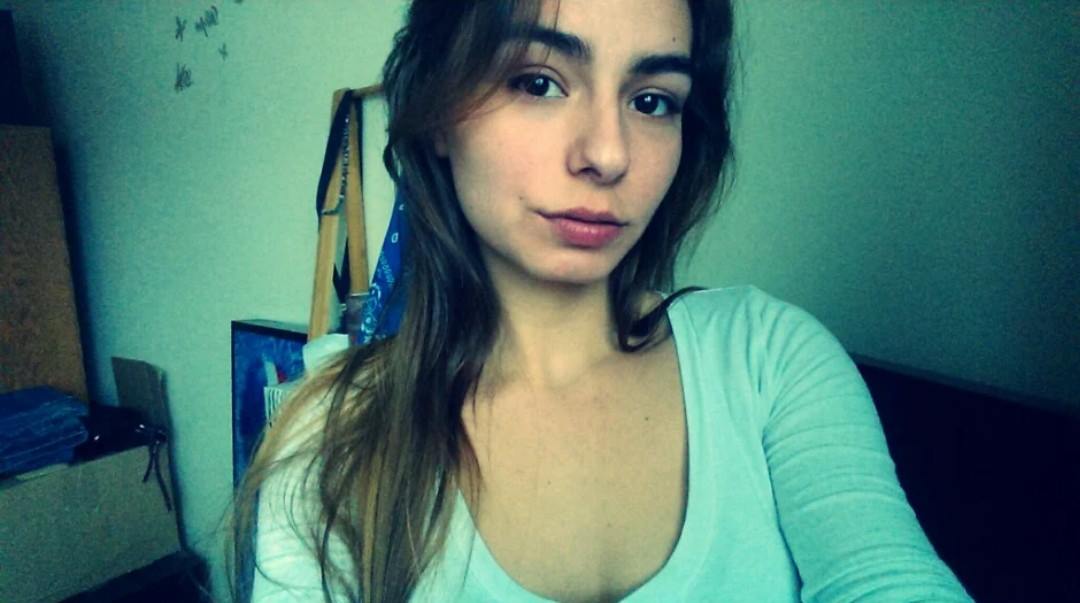



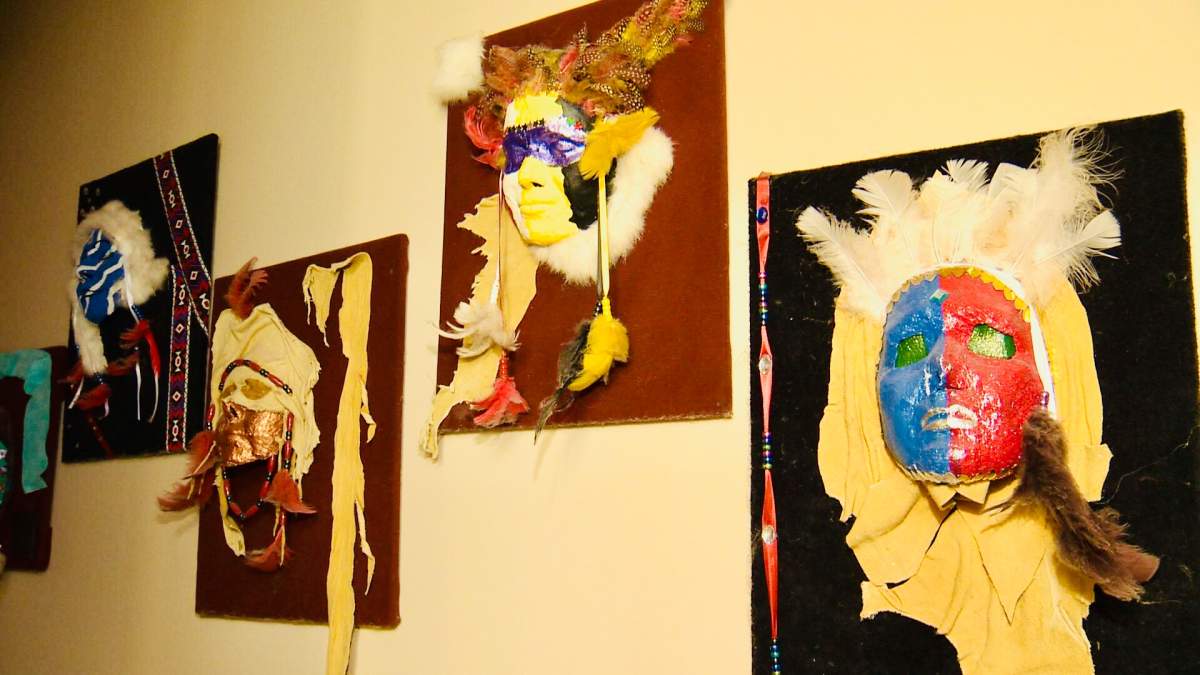

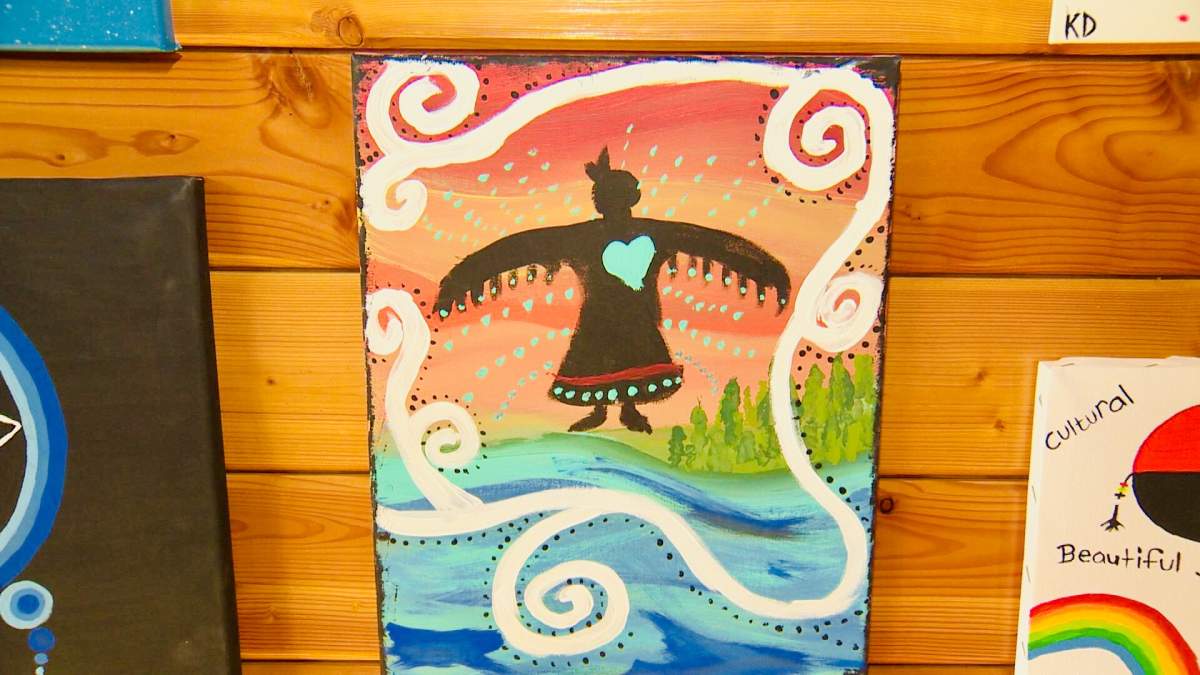

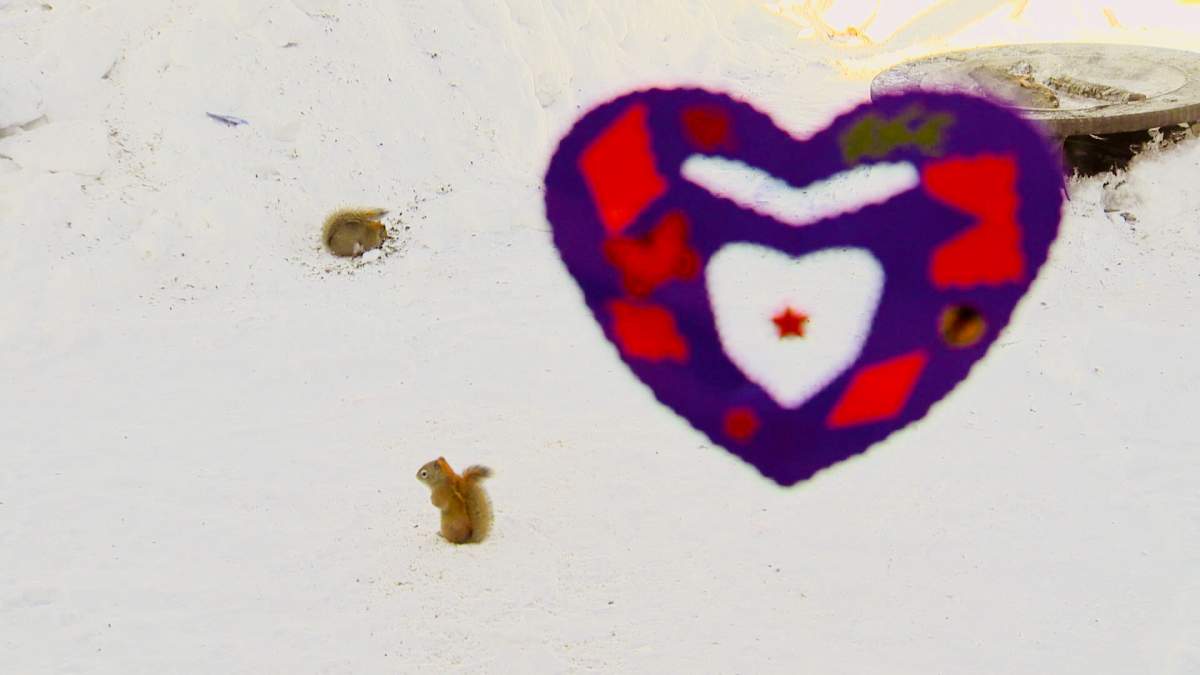

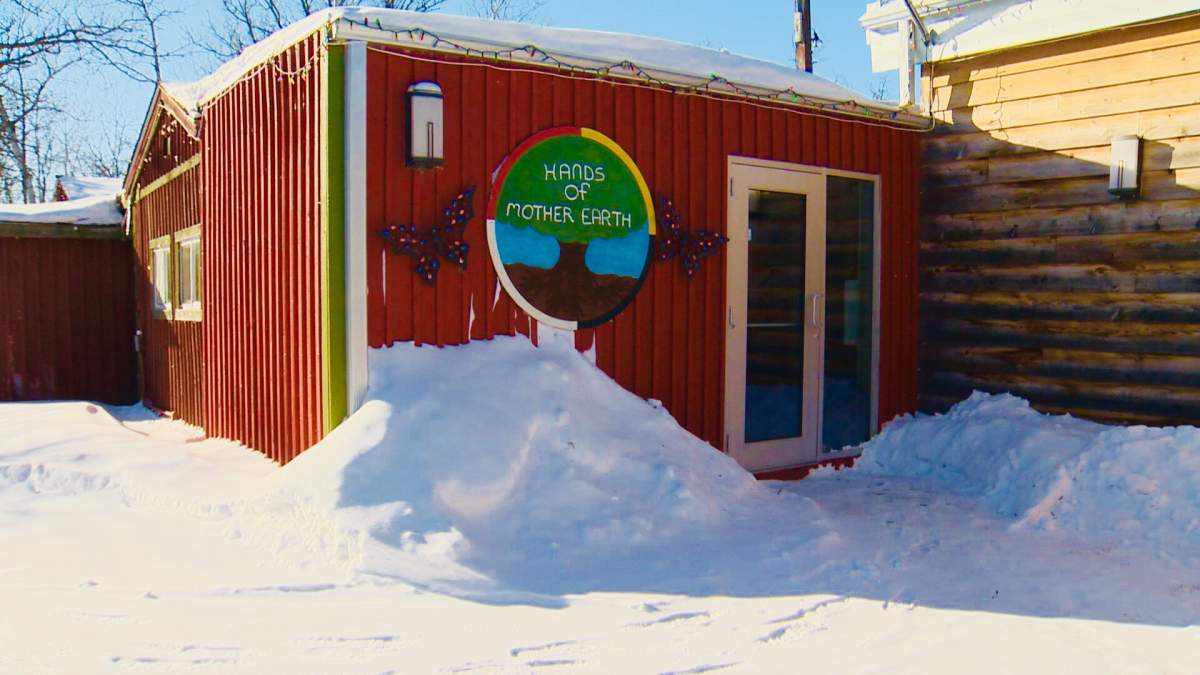

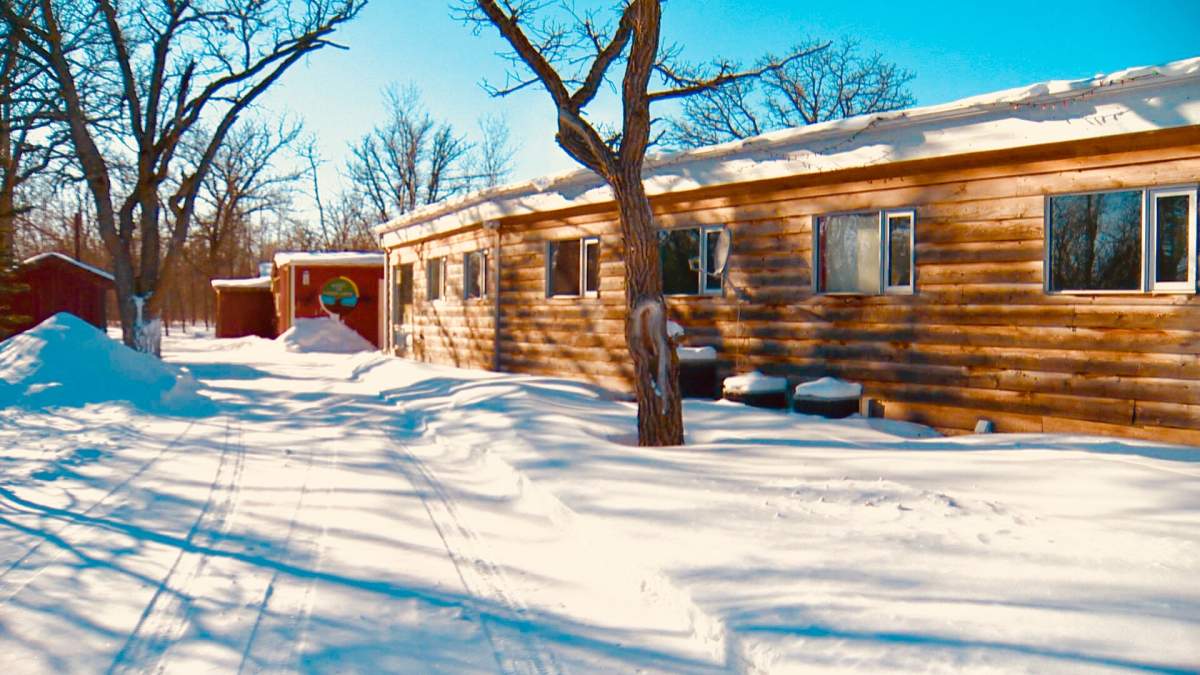





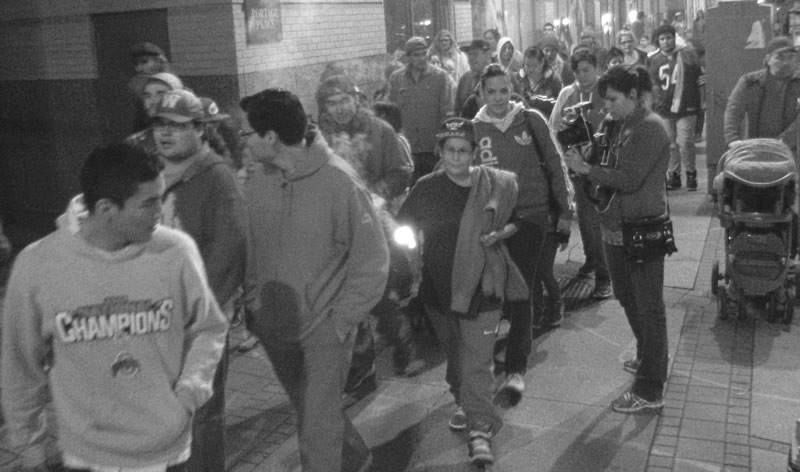



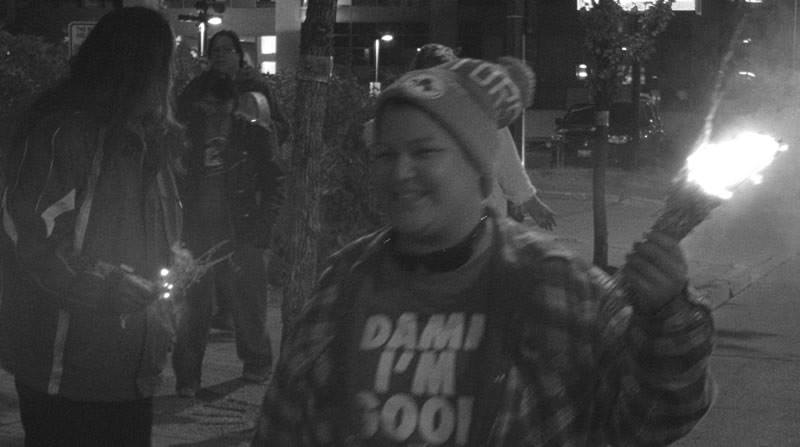




Comments